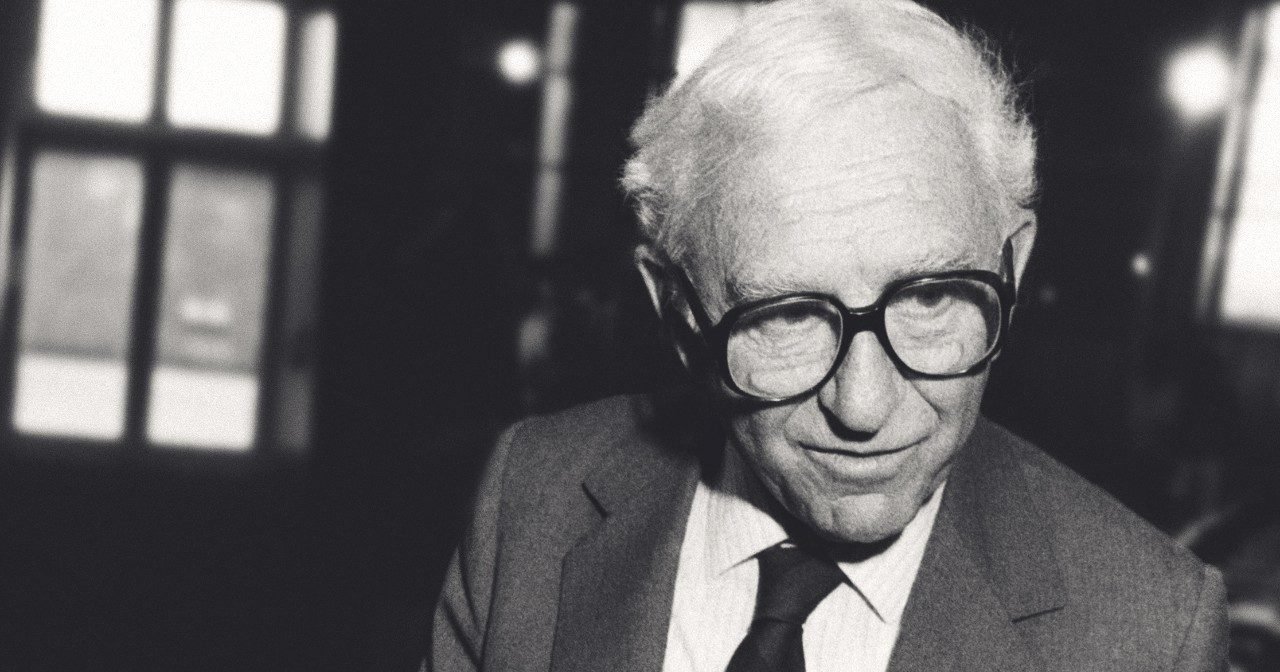Gunnar Myrdal was a Swedish economist and sociologist. He was born on 6th December 1898 in Gustafs, Dalarna, Sweden and passed away on 17th May 1987 in Stockholm. In 1974, he was awarded the Nobel Prize in Economics jointly with Friedrich A. Hayek. Myrdal was considered to be a significant contributor to the theory of international relations and developmental economics. If you are interested in learning more about Gunnar Myrdal, this Zatrun.com article is for you.
Who is Gunnar Myrdal?
Gunnar Myrdal, a Swedish Social Democrat Member of Parliament and one of the founding figures of the Swedish welfare state in the 1960s, played a significant role in drafting various social and economic programs.
Alongside his parliamentary duties, Myrdal served on the Board of the Bank of Sweden and chaired the Swedish Post-War Planning Commission. He also held the position of Sweden’s Minister of Commerce from 1945 to 1947, and later served as Executive Secretary of the United Nations Economic Commission for Europe.

As an economist, Myrdal made early contributions to price theory, incorporating the impact of uncertainty and expectations on prices. Much of his later work focused on developmental economics and social issues. He was jointly awarded the Nobel Prize in Economics in 1974 with economist Friedrich A. Hayek “for their pioneering work in the theory of money and economic fluctuations and for their penetrating analysis of the interdependence of economic, social and institutional phenomena.”
His Academic Life
Gunnar Myrdal was educated at Stockholm University, where he obtained a law degree in 1923 and a PhD in economics in 1927. After receiving a Rockefeller travelling fellowship in the United States between 1929 and 1930, Myrdal served as an associate professor at the Institute of International Studies in Geneva from 1930 to 1931. He also held the positions of professor of political economy from 1933 to 1950 and of international economy from 1960 to 1967 at Stockholm University; he became a professor emeritus in 1967.
Until the early 1930s, Myrdal focused on pure theory, in contrast to his later emphasis on applied economics and social issues. In his doctoral dissertation, he examined the impact of expectations on price formation, a perspective derived from the work of Frank H. Knight.

He extended this theoretical approach to macroeconomics in 1931 when he delivered a series of lectures on “Monetary Equilibrium” as a member of the Stockholm School of Economics. These lectures highlighted the difference between planned and realised savings and investments.
Gunnar Myrdal and His Ideas
In America, Gunnar Myrdal became famous for his influential 1944 book on race relations, “An American Dilemma: The Negro Problem in Modern Democracy.” His study was influential in the 1954 landmark US Supreme Court Decision Brown v. Board of Education, which ended legal racial segregation in schools.
A lifelong foe of inequality and supporter of wealth redistribution, Myrdal showed how economic policies implemented by President Franklin Delano Roosevelt, including the minimum wage law and restrictions on cotton production, hurt African-Americans. This book was particularly cited by the Nobel Prize committee as being of great importance in its decision to award him the Prize.

Later in life, he became obsessed with poverty of developing countries, which led him to advocate land reform in South Asia as a prerequisite for eradicating poverty. Myrdal authored a multi-volume study of inequality and poverty in South Asia and a follow-up volume of policy prescriptions for income redistribution and land reform. He was a vocal opponent of the US war in Vietnam and led an international commission on alleged American war crimes.












